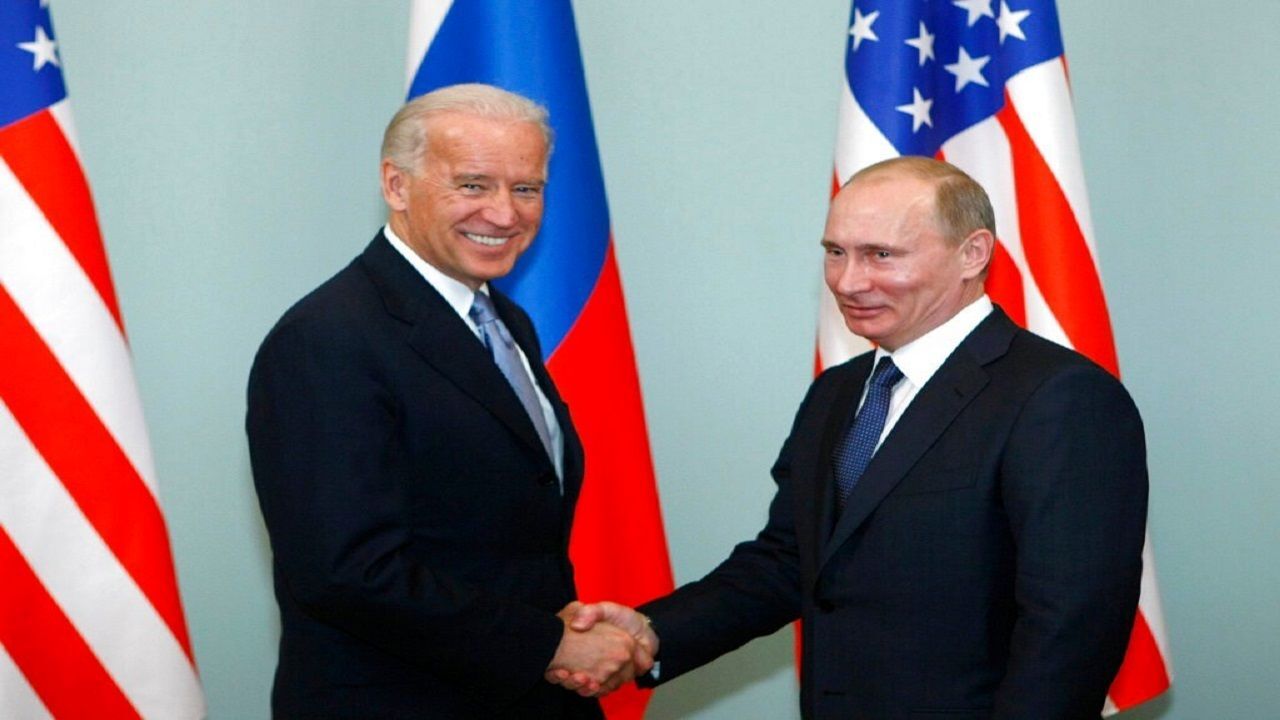Shoeib Bahman in an interview with the site of Strategic Council Online emphasized that:” one should note that expiration of the treaty, i.e. the only regime and international agreement in this field, and could deal with nuclear arms control to some extent, could make serious challenges”.
Having pointed out to the extension of the Agreement, Bahman continued:” The Start Treaty was extended in such a situation that Trump Administration was not only unwilling to extend it but also had not accepted, by any means, the process of negotiations for approval of the new treaty”.
Having said that if Trump was still in office in the US, the treaty would not been extended. As it happened during the tenure of office of Trump, when the US left other international treaties relevant to nuclear arms like INF (Intermediate-Range Nuclear Forces Treaty) and was not ready to accept any treaty or alternative agreement”.
The expert of Russia emphasized:” the extension of the treaty was, therefore, the result of changes and developments in the United States of America, i.e. taking office by Joe Biden and the termination of Donald Trump Administration”.
Bahman pointed out to the short period that existed between taking office by Biden and the expiry date of the Agreement and said:” In practice, there was not any possibility for two countries to hold new negotiations on Start Treaty. Therefore, the easiest and the most available solution was to re-extend the Treaty for the next coming five years”.
Having emphasized on the reason why the US insisted on the extension of the Treaty or extend it to include other powers, the Expert said:” Washington believes that other countries or world powers, especially China, must become member of such treaties. Indeed, such international agreements on nuclear arms must include China’s military capabilities”.
Bahman continued:” The US believes that within the past several years when Washington and Moscow were abiding by their mission in Start Treaty, Beijing has attained great and important achievements in this field”.
The international expert emphasized:” that’s why Washington insisted such treaties should include other countries like China too”.
He further continued on the perspective of the Treaty and said:” If a serious negotiation is supposed to be held between the US and Russia in future in this connection, one of the preconditions of the US aimed at forming a new agreement, is to include a country like China”.
Bahman also emphasized that one can expect that in the next five years, Start Treaty will continue to remain valid, but the forthcoming negotiation will undoubtedly, require essential revisions and the US will call for the accession of new countries as members.
The expert emphasized the US precondition and added:” Washington believes that if any limitation is going to be applied to this country in the field of nuclear arms, this limitation should also be applied on other new powers, especially China”.
He underscored:” Americans believe that if Chinese are going to surpass the US in economic field within the coming years, but the US will still have an upper hand in military capability. Therefore, White House believes that even if she is superseded by China in economic field, she can continue to play, as they believe, the role of a hegemon power in the world because she still has an upper hand in military”.
He ultimately explained that if the United States of America loses her hegemony in military field too, then she has to completely transfer the international system to China. That’s why Washington insists on including China in such limiting treaties and thus to bring the increasing military power of China under control.










0 Comments